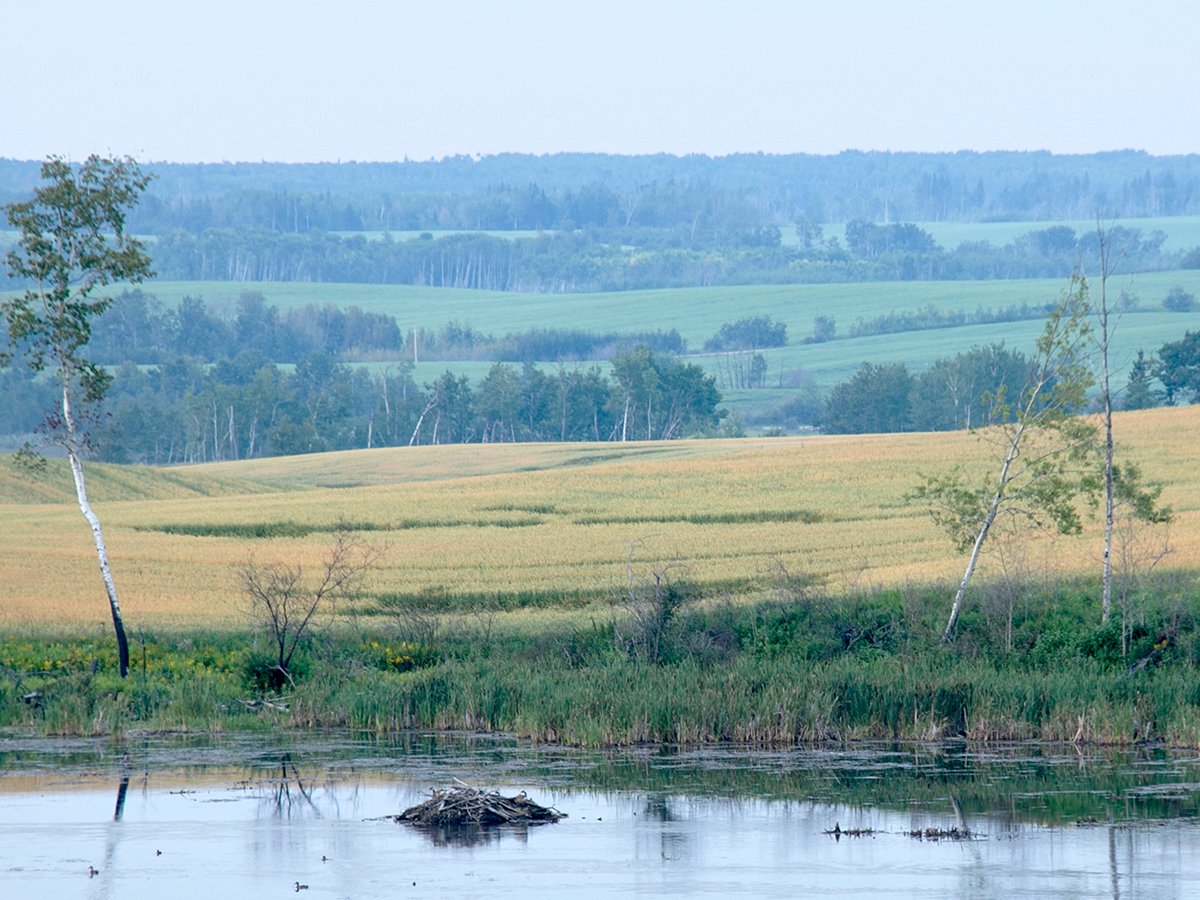Q: I have a creek running through my land that drains into a nearby lake and it creates a mess every wet spring. I was going to divert it and another guy said I couldn’t. Why not? It’s on my land.
A: He’s probably correct. This legal issue involves virtually every level of government, with competing interests and juris-dictions. It’s not an easy task to sort out who controls it and it may depend on the province in which you reside.
First, there may be intervention and jurisdiction at the federal level. If your lake has fish, the federal Department of Fisheries and Oceans may have something to say about what you do. Depending on the ecosystem of this lake and if your creek is seen as necessary to support aquaculture in the lake, you may not be able to do anything without DFO approval.
Read Also

Intergenerational rollover rules can help succession plans
One of the most significant concerns in succession planning for farmers is the tax bill that can come with passing the farm to the next generation.
It operates within geographic regions, with many readers of the Producer in the central area that includes Alberta, Saskatchewan and Manitoba.
The department intervenes in aboriginal, commercial and recreational fishing sites. If recreational freshwater fishing is involved, the federal authorities usually leave it to provincial or territorial powers to regulate.
If classed as a marine (saltwater) species, the federal government has authority.
One exception is freshwater salmon, over which the federal government exercises power.
Commercial fisheries may also involve the DFO. This is a huge Canadian industry, with almost $4 billion in annual export sales in 2007.
You will also have to consider whether your province has a designated water management authority. In Saskatchewan, the Saskatchewan Watershed Authority oversees water resource management. Manitoba has a water stewardship organization.
Provincial authorities have control over water within their provinces. It includes diversion or damming of streams, filling or excavating lakes or other surface water bodies, and anything that might affect aquifers or under-ground water sources.
It is a wide discretion and you generally need approval before doing anything that might affect any water resources. If you don’t get that approval, you can be ordered to remedy the contravention in addition to being fined.
If you don’t fix it, the government can do it for you and charge you for the work.
Finally, local governments (cities, towns, municipalities) have a role to play. Installing a culvert or creating drainage ditches may have other, wider implications that trigger the involvement of your local authority, and possibly the provincial or federal governments, or all three.
All levels of government are now taking their environmental stewardship responsibilities more seriously. You need to be cautious before doing anything that could affect the environment or engage these authorities.
You should consult the appropriate government department before starting any significant work. Failure to obtain the necessary approvals could prove costly for you.
Rick Danyliuk is a practising lawyer in Saskatoon with McDougall Gauley LLP. He also has experience in teaching and writing about legal issues. His columns are intended as general advice only. He can be reached at thelaw@producer.com.














